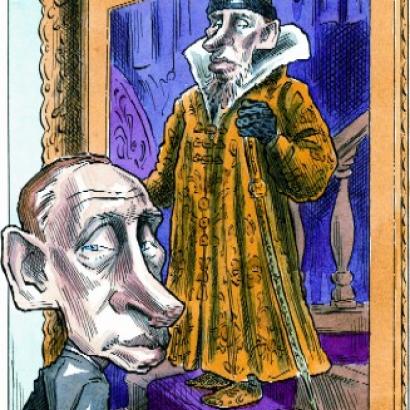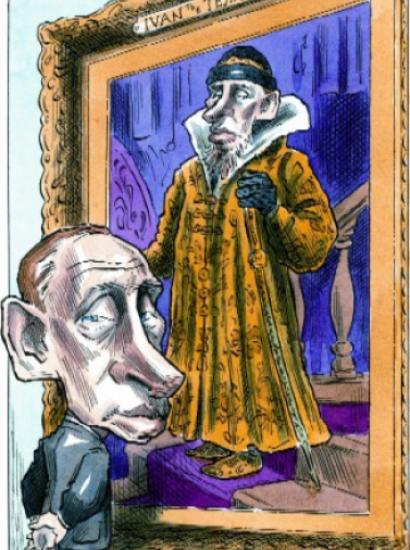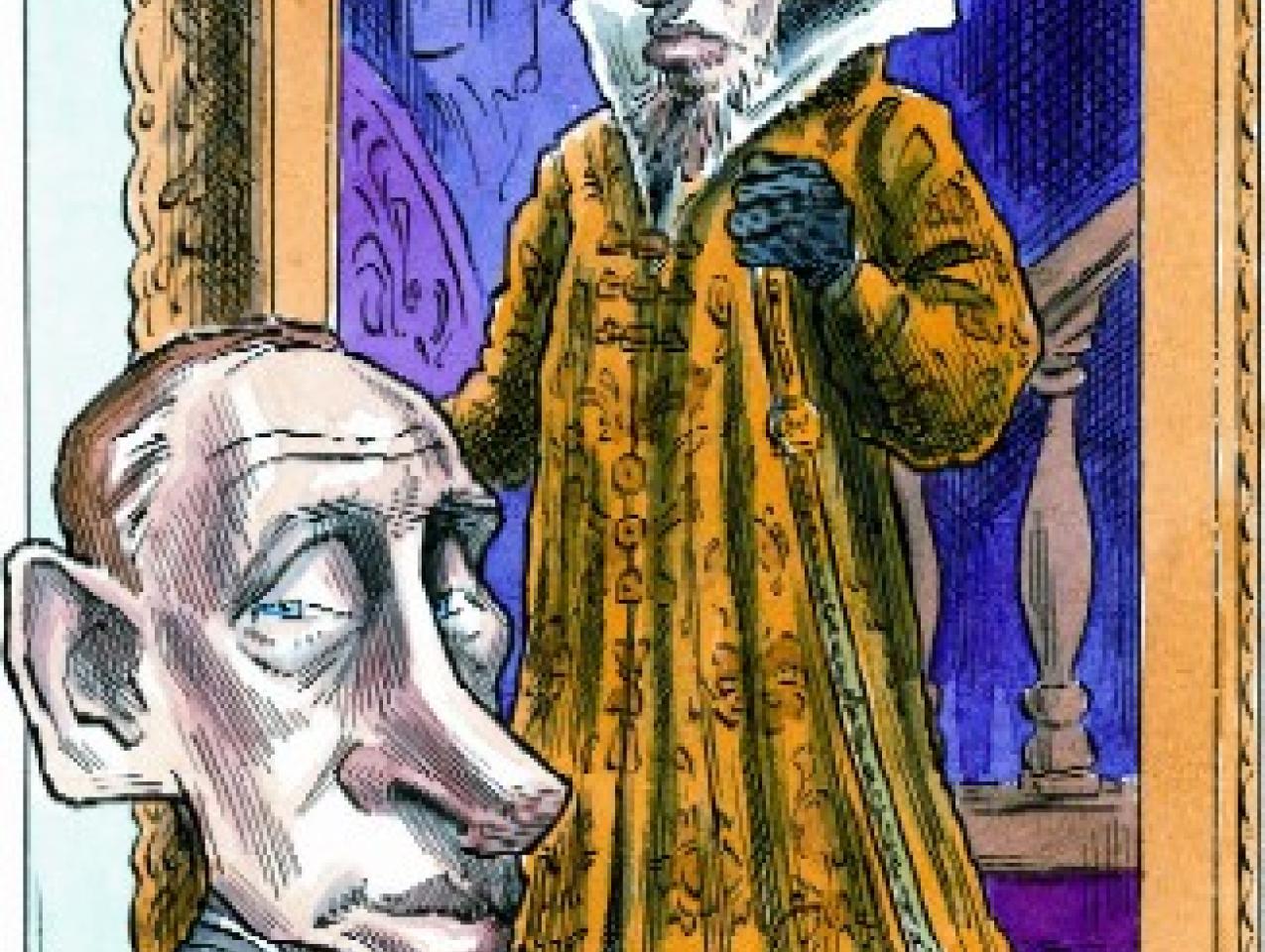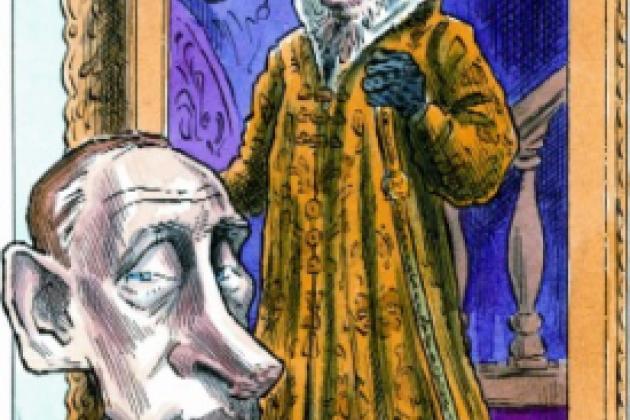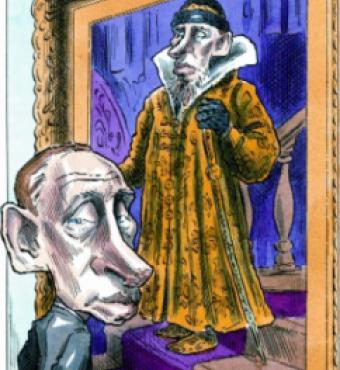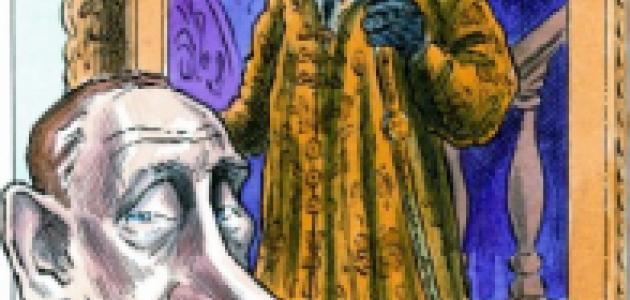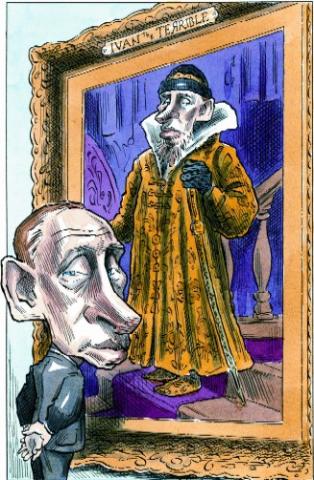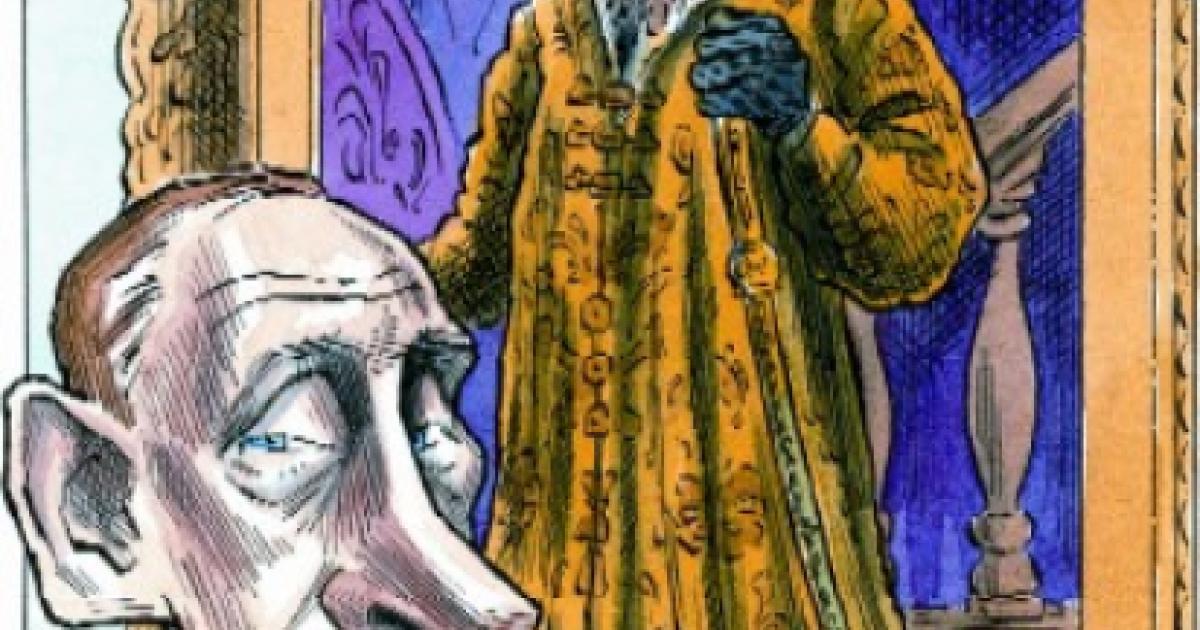- Contemporary
- International Affairs
- US Foreign Policy
- History
Every day in every way things worsen in Vladimir Putin’s Russia. Putinism in the twenty-first century has become as significant a watchword as Sta-linism was in the twentieth. The Putinist regime’s behavior has raised a question historians have asked repeatedly: Why is Russia unable to sustain a democratic form of government, a state based on the rule of law, not on the rule of a dictator or a Politburo?
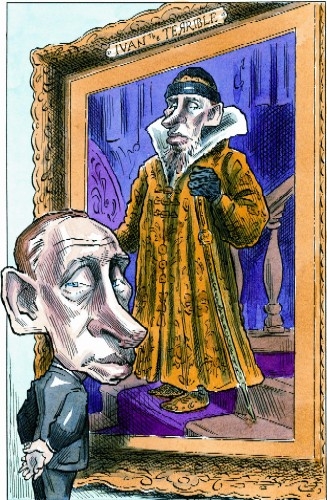
Except for a brief period during the postczarist Kerensky regime, Russia’s history is a sequence of one Ivan the Terrible after another. Why, with the collapse of the Soviet Union in 1991, has a KGB officer become the country’s president?
The Moscow correspondent for the London Daily Telegraph has just reported that a group of human rights activists has been found guilty of organizing an “unsanctioned” afternoon tea party with—zounds!—two Westerners.
Another Putinist victim, Mikhail Khodorkovsky, onetime oil magnate, has paid the price for being a Putin challenger. Khodorkovsky was already in a Siberian prison camp serving an eight-year sentence, to which now has been added a 15-year sentence. The facts in the case don’t matter. Putinism matters.
In fact, as the Wall Street Journal pointed out on February 7, since the murder of TV personality Vladislav Listyev 12 years ago, no one has been successfully prosecuted for a high-profile assassination inside Russia. Last October, Anna Politkovskaya, a courageous journalist who accused President Putin of throttling democracy, was shot in broad daylight. Her killer has yet to be found, if he is even being sought by the police.
Putinism means no bill of rights, no right of free speech, no right of free press, no right to assemble or seek redress of grievances, no right against unlawful search and seizure, no habeas corpus, the essential foundation of any country blessed by a rule of law. How can there be a separation of powers—legislative, executive, and judicial—when one man wields all power? Is there an independent judiciary in Putin’s Russia? There is not. There may even be a revival of what in Soviet days was called “telephone justice,” in which the dictator or his lackeys notify judges of their wishes about the outcome of a particular case.
| Since the murder of TV personality Vladislav Listyev 12 years ago, no one has been successfully prosecuted for a high-profile assassination inside Russia. |
The nine arrested human rights activists were members of Froda, an organization that campaigns for ethnic minority rights. Their crime? Meeting with two German students who were visiting a friend in the southern Russian city of Novorossiysk.
“We were told that citizens were forbidden to gather and ordered to make a written explanation,” said Tamara Karastelyova, Froda’s director. “We were told that under the new law, any meeting of two or more people with the purpose of discussing publicly important issues had to be sanctioned by the local administration three days in advance.”
Two years ago, U.S. Secretary of State Condoleezza Rice expressed concern about legislation making its way through the Russian parliament that would severely limit the activities of nongovernmental organizations.
“Democracy is built, of course, on elections, and it’s built on parliaments, and it’s built on principles like the rule of law and freedom of speech,” she said. “But it is also built on the ability of citizens to associate themselves freely and work to bring their government into a particular direction. And the role of nongovernmental organizations that have been working in Russia and in other newly independent states of the former Soviet Union is simply trying to help citizens to organize themselves better, to petition their government to make changes in the policies that affect their very lives.”
| Putinism means no bill of rights, no right of free speech, no right of free press, no right to assemble and to seek redress of grievances, no right against unlawful search and seizure, no habeas corpus. |
Several years ago, President Bush said about Putin: “I looked the man in the eye. I was able to get a sense of his soul.” Look again, Mr. President.








